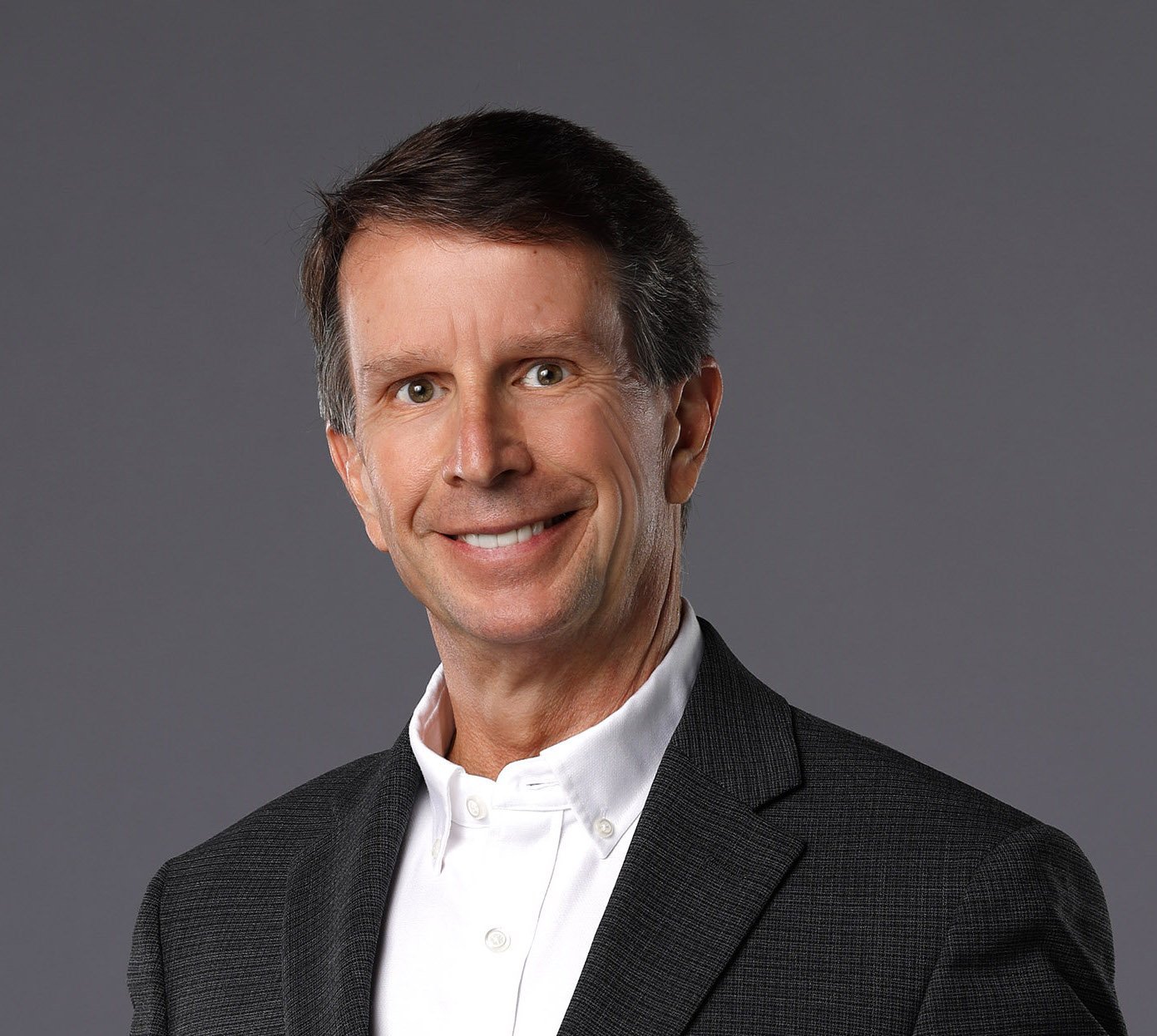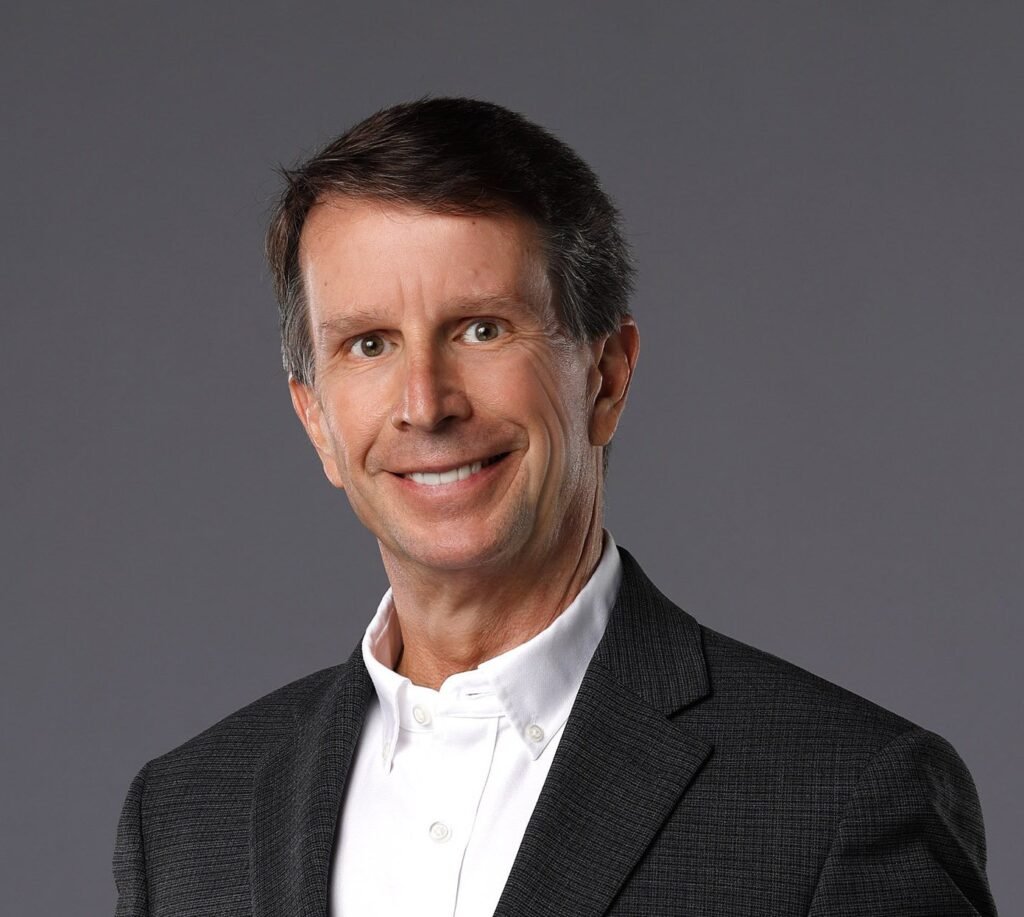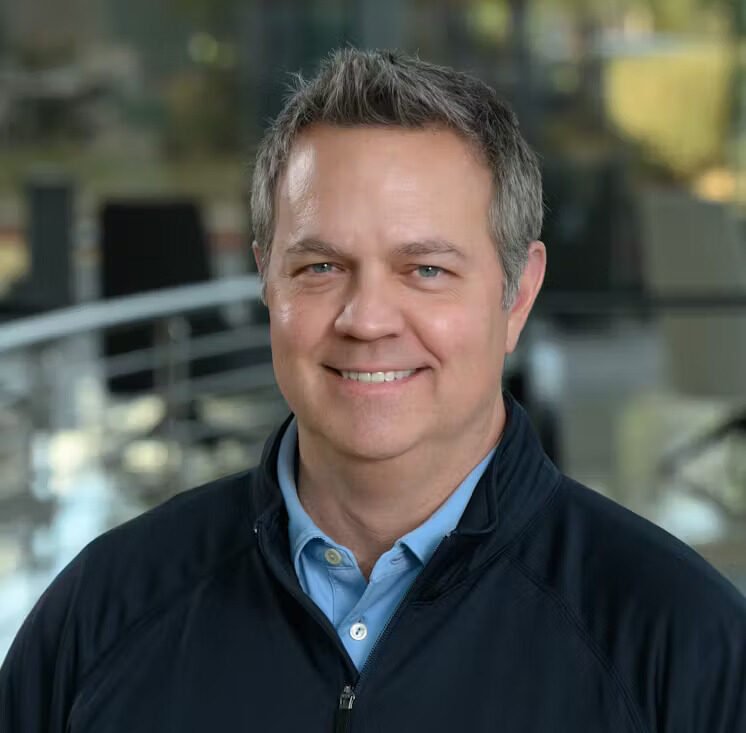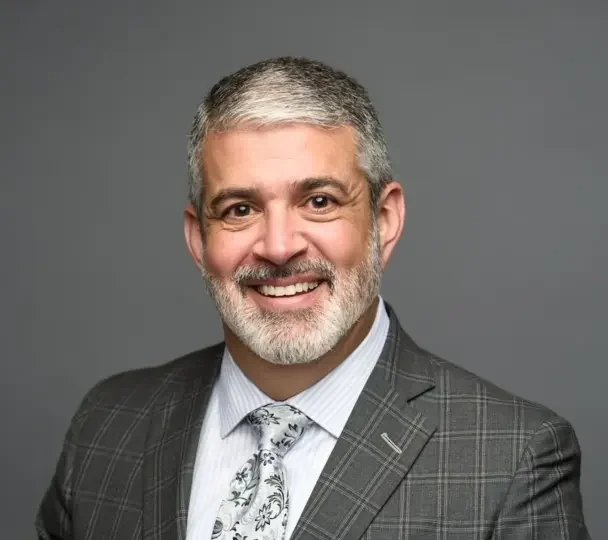
I recently went one on one with Dr. Andrew Temte. Andrew is Senior Advisor at Kaplan North America and the author of Balancing Act: Teach Coach Mentor Inspire. Andrew was previously Kaplan’s President and Global Head of Corporate Learning and the CEO of Kaplan Professional.
Adam: Thanks again for taking the time to share your advice. First things first, though, I am sure readers would love to learn more about you. How did you get here? What experiences, failures, setbacks, or challenges have been most instrumental to your growth?
Andrew: Thanks for the opportunity to contribute to your blog, Adam.
I’ll start out with what some may consider a shocker – I’m a high school dropout. During my teenage years, I wanted to be a rockstar and fell into unproductive environments at an early age. Needless to say, that adventure did not bear the fruit I was expecting and I was fortunate to have grown up in a family that valued education. By age 21, my father’s voice was ringing loudly in the back of my head: “Andy, continue your education!” I’ll save your readers the sordid details, but I listened to dad, met the love of my life, cut off my mullet, went back to school, and didn’t stop until I had a Ph.D. in hand.
Traveling on the road in a band and working for peanuts was one of the greatest learning experiences of my life. Some might have categorized that time as a “failure,” but to this day I still reflect back on that time and use its lessons to continuously improve.
The other major setback that, over time, provided a tremendous opportunity for growth was the period in my marriage that my wife and I have labeled as the “great struggles.” We were fully divorced in our early 40s and then engaged in therapy that provided us the tools we needed to repair our marriage and bring our family back together. It turns out that these tools are very similar to those that are necessary to build healthy, trust-based teams and relationships at work – communication, empathy, and active listening, just to name a few.
Adam: What do you hope readers take away from your new book?
Andrew: The biggest takeaway that readers can expect from investing time in Balancing Act is the notion that we play myriad balancing acts in both our personal and professional lives. If we aren’t mindful of all the plates we have spinning, it’s easy to become unbalanced and exposed to a disruption that can send us reeling.
I found the primary opportunity for growth through the realization that I was focusing too much on technical skill and driving for results. I had not honed a toolkit of emotional (i.e., soft) skills to ensure we were building an environment of trust and accountability on which the drive for business results could stand.
The second big takeaway comes from the tagline of the book: “Teach, Coach, Mentor, Inspire.” If I can help even a few people realize that we all play a role in teaching the next generation and that we all have an obligation to coach and mentor those around us, the book will have been a success.
Adam: What are the keys to staying relevant in the workplace?
Andrew: My former business partner and mentor, Carl Schweser, once told me something that was deceptively simple. He said, “Andy, if you’re not moving, you’re standing still.” Yes, it’s an obvious statement, but its intention is to remind us that we’ve got to keep moving forward by meeting new people and pushing on the boundaries of our current state. We push on our boundaries by visiting new places, exposing ourselves to different cultures, working alongside other humans that don’t look and talk exactly like we do, by adopting an agile mindset, and by continuously learning.
Another point that’s critical to staying relevant in the workplace is to be constructively courageous. It takes an agile mindset to recognize that we’re standing still and courage to do something about it. I’ve seen far too many people become complacent in their work and fall victim to a fixed mindset. I use the word “victim” purposefully in this context because once you fall into a narrow worldview or fixed mindset, things start happening to you, agency is lost, and darkness closes in, making it difficult to see the path forward. In this state it becomes easy to blame others for your lack of progress and play the victim.
Adam: What should leaders understand about the future of work?
Andrew: Wow – there’s a lot of ground to cover in a question like this. Work in the future will be more disaggregated, distributed, and project-focused. Skills and validated skill portfolios will be as, or more, important than degrees as signals of workplace competency.
Instead of continuing with an overwhelming laundry list, let’s focus on one thing – learning and development. It should be no surprise to your readers that college graduates are less ready for work today than they were a decade or two ago. Many studies show a huge disconnect between what college graduates and administrators believe workreadiness looks like and the same assessment from the employer side of the equation.
This lack of workreadiness is a challenge with deep roots. Our primary schools are focused as much on feeding, clothing, and supporting our young as they are on putting foundational educational building blocks in place. Underprepared primary school students are passed on to our secondary school systems who in turn, pass underprepared students into colleges and universities. Who’s left holding the bag? Employers.
The punchline here is that employers will need to stop waiting for our educational systems to miraculously begin producing workready graduates and take matters into their own hands through the development of work-learn models like apprenticeships and other experiential opportunities where work and learning go hand-in-hand.
Adam: What do you believe are the defining qualities of an effective leader?
Andrew: Again, I could begin rattling off a slew of necessary conditions for one to become an effective leader, but will instead focus on two. First, leaders must recognize that their people represent the business’s most valuable asset. This may seem like a “duh” statement to some, but you’d be surprised how many leaders view employees as replaceable “coin operated” cogs.
Once a leader recognizes that employees represent the company’s most valuable asset, the second condition is to create an environment for that asset to thrive. The optimal environment that will allow employees to thrive is one built on purpose, trust, and accountability. To build this type of environment, leaders must be equipped with a finely tuned set of emotional intelligence tools so they can both “talk the talk and walk the walk.”
Adam: How can leaders and aspiring leaders take their leadership skills to the next level?
Andrew: My recommendation is to start writing and speaking publicly. Get yourself out there. Let the world know who you are and what you stand for. There’s no better teacher than getting out of your comfort zone, getting knocked down, and putting yourself back together by learning from your mistakes.
If we think back to the previous question, there are a few necessary conditions for this strategy for leadership skill development to work. Most importantly, one must have an open mind and a willingness to learn from mistakes by adopting and honing a growth mindset. Alongside an agile mental frame, one must also be willing to accept constructive criticism and adjust as necessary without forsaking the “you” that lives deep inside.
Also, it should be obvious, but great leaders have great mentors. Stay connected to your mentors and keep learning from them.
Adam: What are your three best tips applicable to entrepreneurs, executives, and civic leaders?
Andrew: Tip 1: Learn how to say “no” and deeply engage with those things you say “yes” to. Your people want to know that you can commit, but not over-commit.
Tip 2: Define your purpose, North Star, and goals. Your people and the marketplace want to know what you stand for and where your business is headed. Your people want to know that their individual goals are aligned with overarching corporate goals so they can be confident they’re adding value. Not much feels worse than engaging in unimportant, misaligned “throw away” work.
Tip 3: Communicate, communicate, communicate. It’s really easy for leaders to convince themselves that they’ve said something once, so everyone should “get it.” It can be painful, but the benefits of cascading goals and describing the path toward the North Star multiple times and in multiple ways can pay huge dividends.
Adam: What is the single best piece of advice you have ever received?
Andrew: I’d have to go back to my dad’s prodding when I was on the road in the band: “get an education.” His corollary to this statement was to “never stop learning.”
After 58 years of experience on this planet, I can attest that it was during those periods in my life when I thought I had it all figured out when I was the most unbalanced and faced the most risk of doing long-term damage to myself and those around me.
When I’m learning, I’m growing. When I’m learning, I’m constructively uncomfortable. When I’m learning, I’m more aware of who I am, where I want to go, and what I need to do to build the next best version of myself.
Thanks again for the opportunity, Adam!








